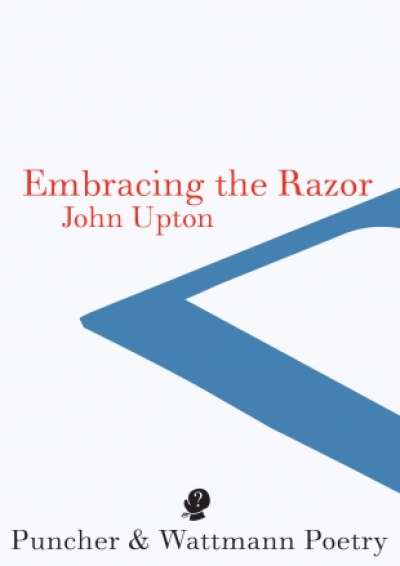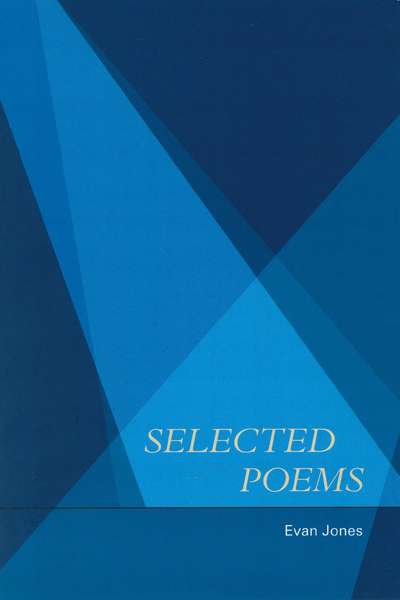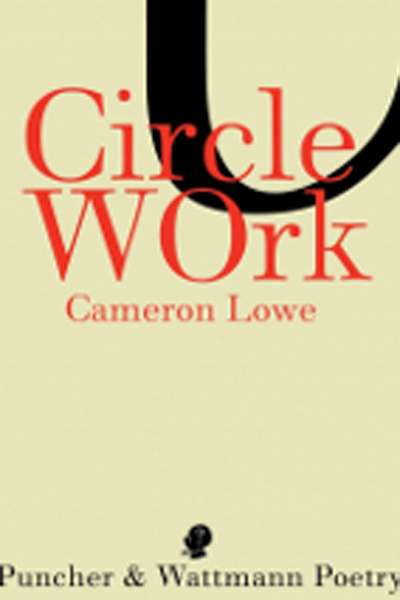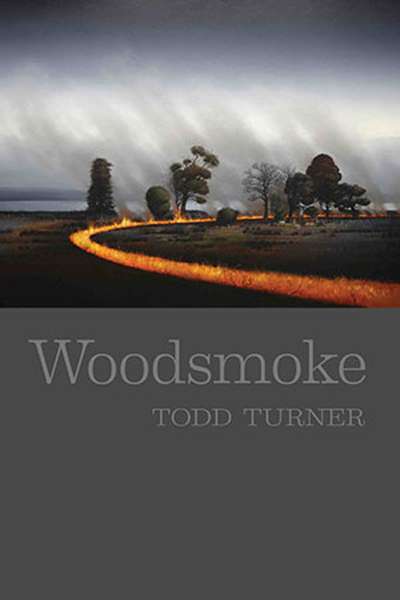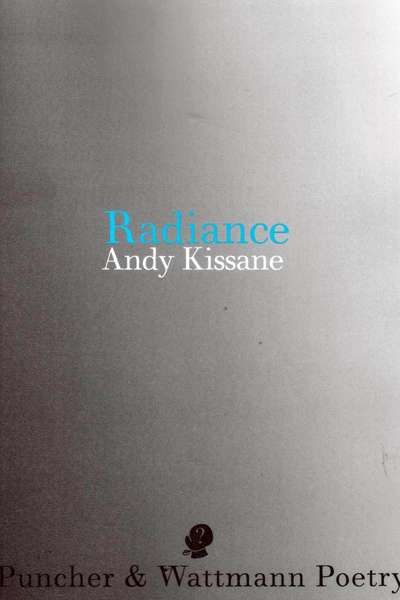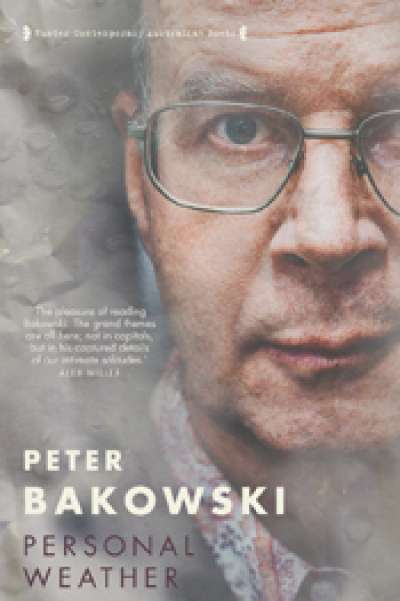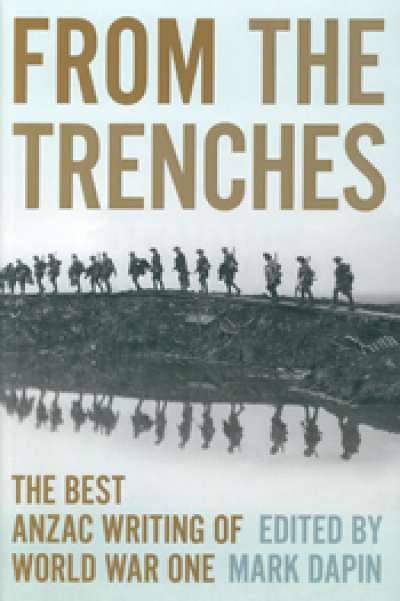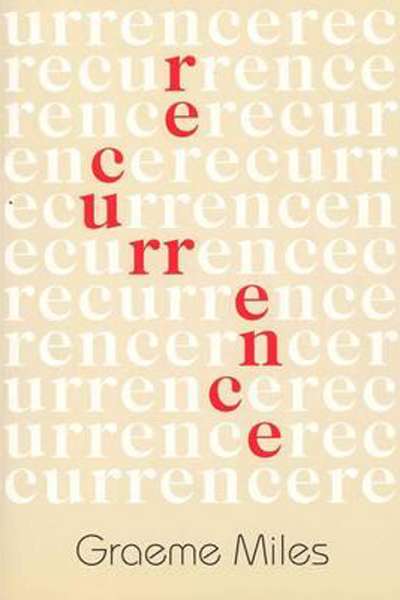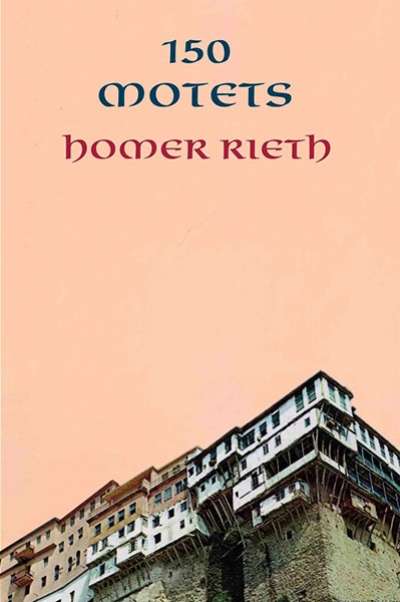Geoff Page
Geoff Page is based in Canberra. His books include 1953 (UQP 2013), Improving the News (Pitt Street Poetry 2013), New Selected Poems (Puncher & Wattmann 2013), Aficionado: A Jazz Memoir (Picaro Press 2014), Gods and Uncles (Pitt Street Poetry 2015), Hard Horizons (Pitt Street Poetry 2017) and PLEVNA: A Verse Biography (UWA Publishing 2016). He also edited The Best Australian Poems 2014 and The Best Australian Poems 2015 (Black Inc). His most recent books are in medias res (Pitt Street Poetry, 2019) and Codicil (Flying Islands Press, 2020)
Seeing people who remind you just a little of the dead is always mildly disconcerting –
something in the face, the gait, the shoulders from behind,those likenesses that don’t surprise
... (read more)
Evan Jones’s Selected Poems is more than timely: its author was born in 1931. In an introduction (or ‘Personal Appreciation’), fellow Melbourne poet Alex Skovron complains that ‘Evan’s work has not always received the attention it deserves, especially in recent years’. It is worth pausing a moment to consider why this should be so.
Jones is one of several highly talented poets associa ... (read more)
Just over fifty years since the death of the great American poet William Carlos Williams, it is pleasing to see so much of his spirit still alive in Cameron Lowe’s third collection, Circle Work. Williams was often short-changed by poets who, mistakenly, thought his short, ‘photographic’ poems easy to imitate. Lowe, by contrast, fully understands the importance of close observation and imagin ... (read more)
Todd Turner’s first collection, Woodsmoke, evolves intriguingly. It starts in the ‘anti-pastoral’ mode founded by Philip Hodgins. Here the poet, long since relocated to the city, looks back with tellingly evocative detail but a divided sensibility on the life he (it’s normally a ‘he’) has now abandoned.
... (read more)
Andy Kissane’s fourth collection, Radiance, is a heartening answer to those who, like publisher Stephen Matthews, lament that ‘many modern poets choose to shroud their work in point-scoring obscurity at a time when clarity and accessibility might encourage more people to read poetry’. Kissane doesn’t address this issue directly, but his book is an important negative instance.
The first vi ... (read more)
Personal Weather is Peter Bakowski’s seventh collection, yet he remains impossible to categorise. His is a distant relative of Ken Bolton’s conversational style, while also a close cousin to central European poetry. His poems can be three-page narratives or urbanised haiku. Above all, Bakowski is a poet of wonder – wonder at the contradictions and complexity of life as it passes him by. He i ... (read more)
Mark Dapin’s anthology, From the Trenches, is a timely but not opportunistic book. At more than 400 pages, it is long enough to suggest the sheer scale of the war and its centrality to European (if not world) history ever since. It samples all the relevant genres (letters, memoir, journalism, fiction, poetry) and offers a multiplicity of viewpoints (senior ranks, subalterns, NCOs, privates, and ... (read more)
Graeme Miles, born in Perth in 1976, has lived and studied in India and Europe, and now teaches Classics at the University of Tasmania. His work, though various, is highly distinctive. Much of it exists at the difficult-to-imagine intersection of philosophy, mythology, and surrealism. Its rhythms and cadences are highly accomplished; its erudition effortless and unpretentious.
... (read more)
Although the Melbourne publisher Black Pepper has a stable of major Australian poets (Stephen Edgar and Jennifer Harrison among them), it is also a house that likes to take chances. The favourable reception accorded Homer Rieth’s 359-page epic poem, ‘Wimmera’, in 2009 was definitely a punt that paid off. The book was shortlisted for The Age Book of the Year and became an ABC television progr ... (read more)


